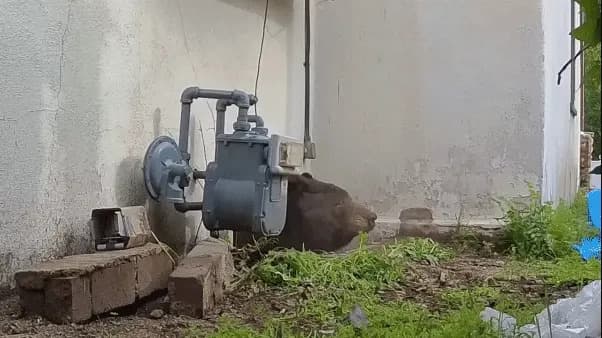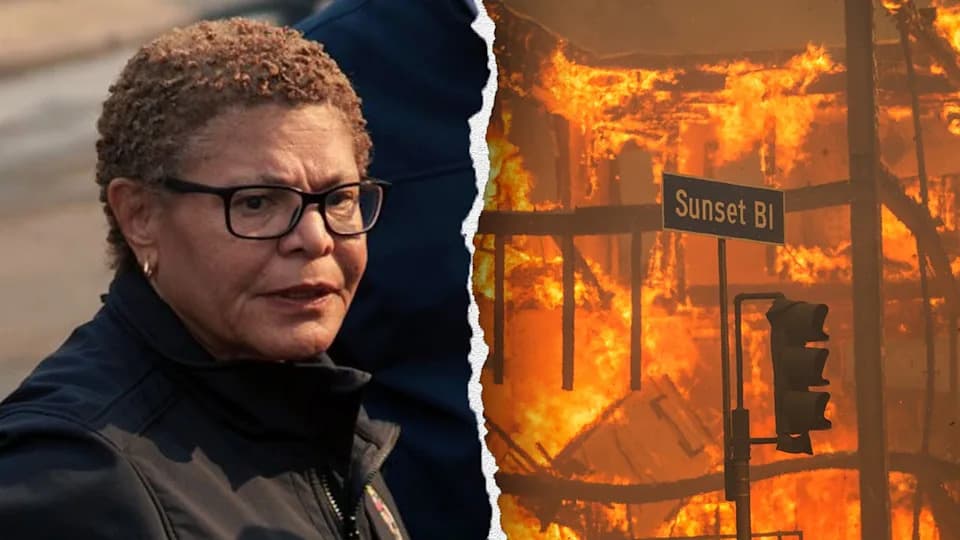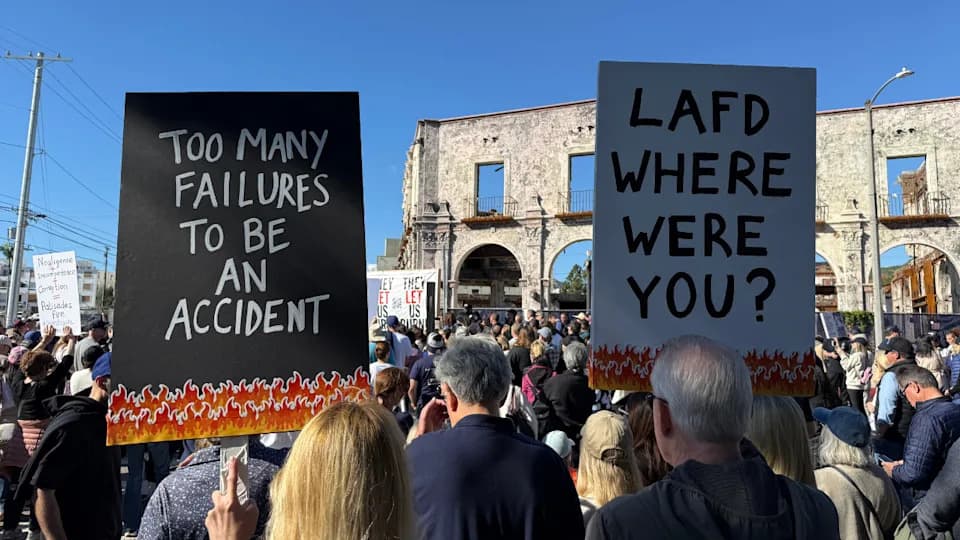The Carmel City Council voted to permanently ban pickleball at Forest Hill Park after neighbors said the repeated "popping" of paddles and balls disrupted neighborhood quiet. Officials briefly suspended play while exploring quieter equipment, but rejected that compromise because the unsupervised courts lack staff to enforce restrictions. Players urged a trial of softer balls; council members cited enforcement and location concerns in moving forward with a ban. Opponents will have two hearings to appeal once the ordinance is drafted.
Carmel Bans Pickleball at Forest Hill Park After Residents Complain About Noise

The affluent coastal town of Carmel, California, has voted to permanently ban pickleball at Forest Hill Park after residents said the repeated "popping" of paddles striking plastic balls disrupted neighborhood quiet. The City Council approved the measure following a temporary suspension of play that many neighbors said restored a calmer atmosphere.
Pickleball has surged in popularity in recent years—especially among seniors and retirees—and the distinctive sound of paddles meeting balls became a point of contention for nearby homeowners. The council considered several options, including a trial requiring quieter paddles and softer balls, but ultimately rejected equipment-based compromises because of enforcement challenges.
Residents, Players and Officials Weigh In
"It’s been so peaceful and quiet," Carmel resident Kimberly Edwards told the council, noting the temporary pause coincided with "an uptick in tennis players," particularly younger residents. She questioned who would monitor equipment or respond to noise complaints, saying the courts are unsupervised and there is no parks-and-recreation staff assigned to enforce restrictions.
Competitive player Barbara Lang, who said she no longer uses the Forest Hill Park courts, urged officials to try quieter balls before imposing an outright ban. "If you want to try it with the quiet ball, I think it’s only fair to the players to give that a chance," she said, adding she spoke for many players who were not present at the meeting.
Council member Alissandra Dramov said the location itself was unsuitable for pickleball. "We’re just overcomplicating it in the name of compromise," she said, concluding that the park is not a good site for the sport.
Mayor Dale Byrne supported the ban, citing enforcement limitations. "I can’t ask the police chief to send his people up there," he said. "It’s really sad that we can’t figure this out." The council has instructed staff to draft an ordinance to permanently prohibit pickleball at Forest Hill Park; opponents will have two additional hearings to appeal once the ordinance is prepared.
What’s Next
The decision highlights a broader challenge cities face as pickleball grows: balancing public recreational demand with neighborhood quality-of-life concerns. In Carmel, enforcement limitations and community preference for quiet tipped the balance toward a permanent ban at the town’s only public pickleball site.
Help us improve.


































